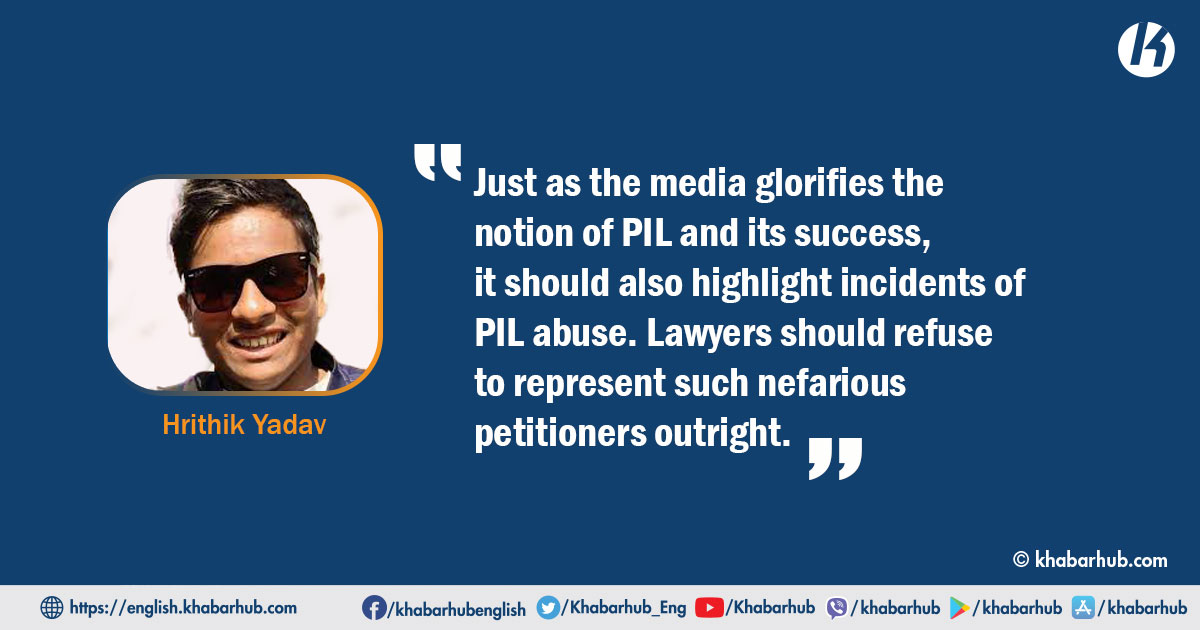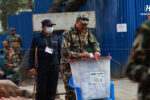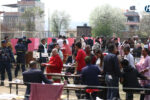Public interest litigation (PIL) is any litigation by a public-spirited person for the enforcement of constitutional and legal rights of those who are socially or economically backward and who cannot approach the court of law for relief being at such a disadvantageous position.
In another way, PIL is a concept that deals with the public at large, where those who do not have the knowledge of their rights are helped in attaining justice. It is the judicial roadmap to achieve the larger goal of justice for all.
PIL seeks to draw the attention of the state authorities to their constitutional and legal obligations and enforce them so that rule of law can be established. In PIL, petitioners, respondents, and judges are focused on the same purpose of public interest protection and have a cooperative and collaborative role rather than an adversarial and conflicting one.
That is why PIL is a unique component of the judicial system that strengthens the judiciary to come to the rescue of its people.
To file a PIL, the petitioner must have meaningful relation or substantive interest with the issue and must be bona fide representative of the society.
It is also necessary to take note of the fact that a petitioner who comes to the Court for relief in the public interest must come not only with clean hands but also with a clean heart, a clear mind, and a clean objective.
The misuse of PIL is due to the Supreme Court of Nepal’s inaction because Nepal’s learned judges have yet to come up with guidelines for hearing Public Interest Litigation.
In Nepalese constitutional jurisprudence, PIL can be filed in the Supreme Court and High Courts by invoking their writ jurisdiction under Article 133 and Article 144 of the constitution respectively.
Article 133 deals with the rights of citizens to move to the Supreme Court against violation of rights conferred by Part III of the constitution. Similarly, Article 144 empowers High Courts to issue writs within their jurisdiction.
For Nepal, PIL has been a unique phenomenon that has no parallel in the world and has acquired a big significance in modern legal concerns.
It has been a revolutionary concept aimed at extending its long arm of sympathy to the poor, the ignorant, the oppressed, and the needy whose fundamental rights are infringed and violated and whose grievances go unnoticed, un-represented, and unheard.
PIL is also accredited for playing a crucial role in the protection of the interest of a class or group of persons who are victims of governmental lawlessness, or social oppression, or denied their constitutional or legal rights in Nepal.
The center of the philosophy of PIL is that it should be treated as a “public interest litigation” and not a “private interest litigation”.
However, with the passage of time, PILs have been brazenly misused by so-called PIL activists and they pose a grave danger to the entire judicial process. Due to the court’s prioritization of PIL hearings, significant cases that have been unheard of for decades have been severely hampered.
Many PIL activists in Nepal have been using the PILs as a handy tool for harassing the judicial system. Despite the court’s warning several times, partitions are being filed for just intellectual romanticism or curiosity or to gain cheap popularity or other oblique motives.
A lot of times, lawyers, and more recently, law students and stakeholders have tried to use PIL in order to gain publicity.
Various groups that are affiliated with politics and their wings are also using PILs so they can use the judicial system to get their way around their problems or when they cannot achieve the goal they have been longing to achieve.
These sorts of vexatious litigations under the color of public interest litigation are highly undemocratic, unrealistic, and dangerous to our judicial process that will only retards the flow of the justice delivery system.
In PIL cases, the most crucial question for the court is to measure the seriousness of the petitioner and to see whether he is actually the champion of the cause of the persons or groups he is representing.
Discipline and ethics should be emphasized severely in the profession, and lawyers should not embark on cases that abuse the PIL. If the extreme abuses of PIL are not checked and managed, the judicial system would become meaningless, and the purpose of PIL will be lost.
PILs that are questionable should not be registered and should be dismissed right away. Furthermore, high costs should be placed on them as a deterrent in the future.
PIL practitioners should be required to provide assurance to the court in the form of an undertaking that they would recover damages if the PIL is dismissed.
The misuse of PIL is due to the Supreme Court of Nepal’s inaction because Nepal’s learned judges have yet to come up with guidelines for hearing Public Interest Litigation.
In India, the Supreme Court has issued a judicial statement that established procedures for hearing Public Interest Litigation. In one case, the Supreme Court of India penalized the petitioner (a non-governmental organization led by a retired judge) up to one 100,000 rupees for misusing PIL.
Like the Indian court, Nepal’s Supreme Court should take a proactive role in establishing strong standards to limit PIL based on personal interests.
Just as the media glorifies the notion of PIL and its success, it should also highlight incidents of PIL abuse. Lawyers should refuse to represent such nefarious petitioners outright.
Discipline and ethics should be emphasized severely in the profession, and lawyers should not embark on cases that abuse the PIL. If the extreme abuses of PIL are not checked and managed, the judicial system would become meaningless, and the purpose of PIL will be lost.
(Yadav is a BALLB Second Year student at Kathmandu School of Law, Bhaktapur)








Comment